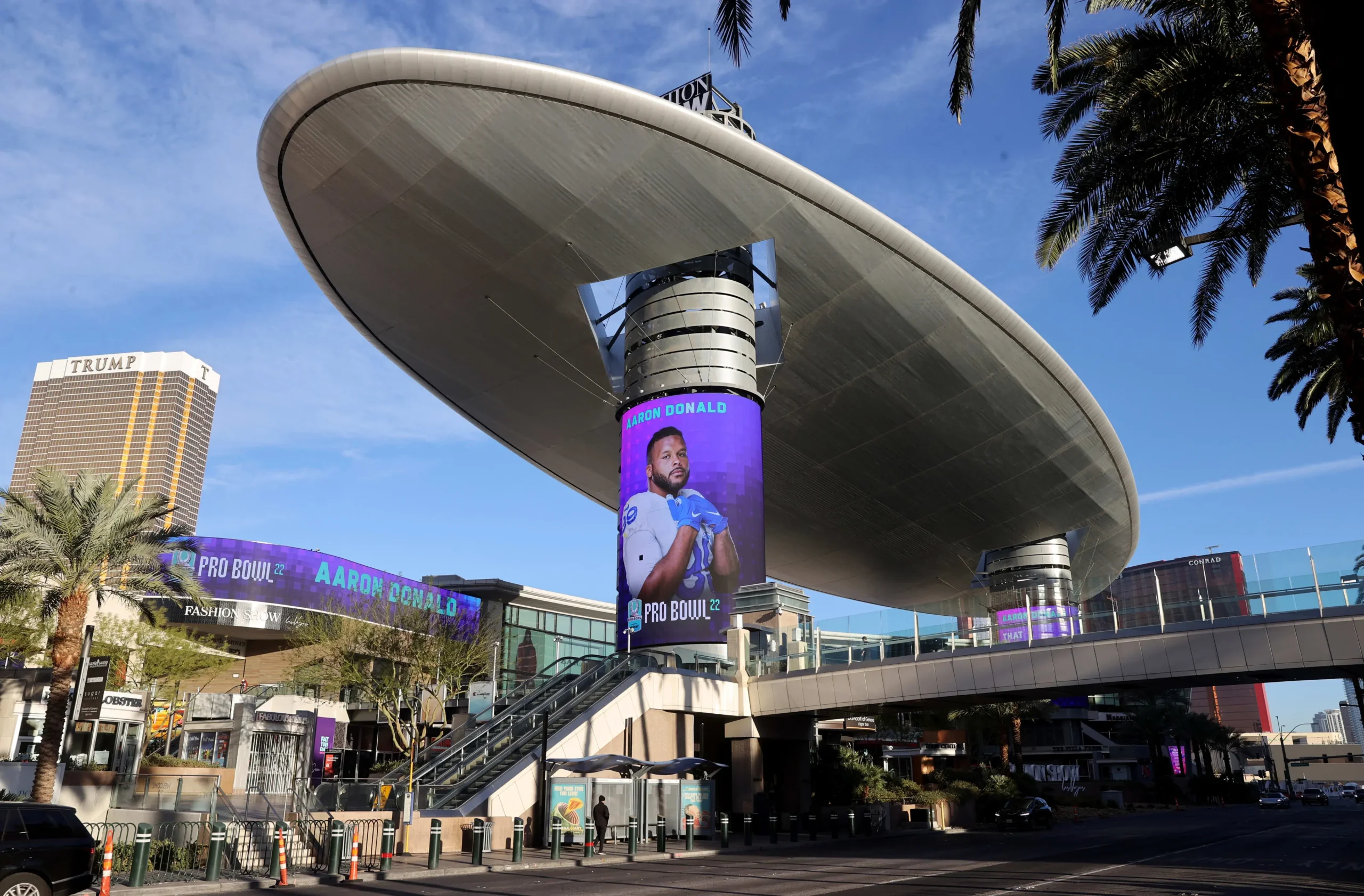As the digital landscape evolves, staying ahead of the curve becomes imperative for businesses aiming to maintain competitive advantage. At Alsett, we’re always on the lookout for the latest shifts and innovations in digital marketing. Here’s a deep dive into the emerging trends for 2024 that marketers need to watch.
1. AI-Driven Personalization
The rise of AI technology has brought about a new era in marketing personalization. In 2024, expect AI to move beyond basic data analysis, influencing how brands create highly personalized content. This will not only involve targeting users based on their previous interactions but also predicting future needs through behavioral data. The result? More effective and timely marketing messages that resonate on a personal level.
2. Voice and Visual Search Optimization
With the increasing use of voice-activated devices and visual search technology, optimizing for voice and visual searches is becoming crucial. This year, brands will need to adapt their SEO strategies to include more natural language phrases and image alt-text enhancements, ensuring visibility across new search modalities.
3. Interactive and Immersive Content
Interactive content isn’t just engaging; it’s also highly shareable and memorable. From quizzes and polls to augmented reality experiences, brands are leveraging these tools to engage customers more deeply. In 2024, look for a surge in augmented reality (AR) and virtual reality (VR) applications, creating more immersive experiences that enhance the consumer’s journey.
4. Ephemeral Content Marketing
Snapchat pioneered the concept of ephemeral content, but other platforms like Instagram and Facebook have since embraced short-lived content strategies. This trend continues to grow in 2024, with brands using ephemeral content to drive urgency and add an element of exclusivity to their interactions.
5. Sustainability and Ethical Marketing
As consumers become more environmentally conscious, they seek brands that prioritize sustainability. In 2024, digital marketing will see an uptick in campaigns focused on a brand’s commitment to sustainability, ethical business practices, and corporate social responsibility.
6. Blockchain for Marketing Transparency
Blockchain technology is set to redefine digital marketing by enhancing transparency and trust between consumers and brands. This technology can help verify ad deliveries, ensure the authenticity of reviews and protect user data, paving the way for more secure and reliable marketing practices.
7. Privacy-Focused Marketing
Following global trends and regulations on data privacy (like GDPR and CCPA), digital marketing is shifting towards greater privacy protection. This means less invasive data collection and more transparency about how data is used. Marketers must find a balance between personalized marketing and consumer privacy, a challenge that will define strategies in 2024.
8. Localized and Multi-Lingual Content
As businesses expand globally, localized and multi-lingual content becomes essential for reaching broader audiences. In 2024, digital marketers will increasingly adopt geo-specific and language-specific content strategies to cater to diverse consumer bases.
9. Influencer Collaborations: Beyond Celebrities
While celebrity endorsements aren’t going away, there is a significant shift towards micro and nano influencers. These individuals have smaller, more engaged audiences. Brands are noticing better ROI with these influencers due to their perceived authenticity and alignment with niche markets.
10. AI and Automation in Customer Service
AI chatbots and automated messaging services are becoming standard tools for digital customer service. In 2024, these tools will become more sophisticated, providing instant responses to customer inquiries and support requests, thereby improving the overall customer experience.
At Alsett, we are excited to incorporate these trends into our strategies, helping our clients stay ahead in a rapidly changing digital world. Whether it’s through enhancing personalization, embracing new technologies, or ensuring ethical practices, we’re committed to driving success in 2024 and beyond.
How Can AI-Driven Personalization Transform Your Digital Marketing Strategy in 2024?
In the ever-evolving world of digital marketing, AI-driven personalization stands out as a game-changer. As we step into 2024, the potential for AI to radically enhance marketing strategies is becoming more apparent. But what exactly does AI-driven personalization entail, and how can it transform your digital marketing strategy? Let’s dive into the specifics.
Understanding AI-Driven Personalization
AI-driven personalization involves using artificial intelligence technologies to tailor marketing messages, offers, and experiences to individual consumers based on their past behavior, preferences, and real-time data. This approach moves beyond traditional segmentation and targeting, offering a unique, highly personalized interaction with each customer.
1. Enhanced Customer Insights
AI algorithms are adept at processing large volumes of data quickly and efficiently. This capability allows marketers to glean deeper insights into customer behaviors and preferences. By analyzing data points like browsing history, purchase patterns, and social media interactions, AI helps create a detailed customer profile. These insights enable marketers to craft messages that resonate on a personal level, significantly boosting engagement and conversion rates.
2. Predictive Personalization
One of the most powerful features of AI in marketing is its ability to predict future behavior based on past data. Predictive analytics can forecast what customers might be interested in before they even start looking. For instance, AI can suggest products that a customer is likely to buy or content that they would find engaging, creating a proactive interaction model that feels intuitive and helpful to the user.
3. Real-Time Decision Making
AI excels in making real-time decisions based on current data. This ability is crucial for personalization at the moment of engagement. Whether it’s changing the content displayed on a webpage, adjusting the pricing in real-time, or offering dynamic discounts, AI can make split-second decisions that optimize the consumer experience and increase the likelihood of conversion.
4. Automated Content Creation
AI tools are not just analyzing data; they’re also creating content. AI-driven content automation tools can generate personalized emails, product descriptions, and even creative ad copy that aligns with individual user profiles. This not only saves time and resources but also ensures that the content is highly targeted and consistent across all touchpoints.
5. Enhancing User Experience Through Personalization
At its core, AI-driven personalization is about enhancing the user experience. By making each interaction more relevant and engaging, businesses can improve customer satisfaction and loyalty. Personalized experiences make consumers feel understood and valued, which in turn encourages repeat business and positive word-of-mouth.
Challenges and Considerations
While AI-driven personalization offers numerous benefits, it also comes with challenges. Privacy concerns are at the forefront, as customers become more aware of how their data is being used. It’s essential for businesses to be transparent about their data practices and comply with all relevant privacy regulations.
Additionally, implementing AI-driven personalization requires a solid foundation of quality data and advanced analytics capabilities. Businesses need to invest in the right tools and expertise to harness the full potential of AI.
Questions and Answers on AI-Driven Personalization in Digital Marketing
1. Q: How does AI-driven personalization impact the cost-effectiveness of digital marketing campaigns?
- A: AI-driven personalization can significantly enhance cost-effectiveness by targeting marketing efforts more precisely, reducing waste on poorly targeted advertising, and increasing the conversion rates through more relevant and timely offers.
2. Q: What role does machine learning play in enhancing AI-driven personalization?
- A: Machine learning algorithms are crucial for AI-driven personalization as they continuously learn from data inputs, improving their predictions and decisions about what content or offers might appeal to individual consumers. This continuous learning process allows for increasingly accurate personalization over time.
3. Q: Can AI-driven personalization contribute to customer retention? How?
- A: Yes, AI-driven personalization can significantly boost customer retention by delivering more relevant and engaging experiences that meet individual preferences and needs. Personalized experiences make customers feel valued and understood, which encourages loyalty and repeat interactions.
4. Q: How do AI-driven content creation tools maintain brand voice consistency while personalizing content?
- A: AI-driven content creation tools are programmed to adhere to specific brand guidelines, including tone, style, and messaging principles, ensuring that all content reflects the brand’s voice. These tools use natural language generation technologies to tailor content while maintaining these set parameters.
5. Q: What types of data are most valuable for AI-driven personalization in digital marketing?
- A: Valuable data types for AI-driven personalization include customer demographic information, browsing history, purchase history, social media interactions, and behavioral data. Collectively, these data points provide a comprehensive view of customer preferences and behaviors.
6. Q: What are the ethical considerations involved in AI-driven personalization?
- A: Ethical considerations include ensuring privacy and data protection, obtaining informed consent for data use, avoiding biases in AI algorithms, and being transparent about how personal data is used to tailor marketing messages.
7. Q: How can businesses ensure compliance with privacy regulations when implementing AI-driven personalization?
- A: Businesses can ensure compliance by only using data for which they have explicit consent, regularly auditing their data use practices, staying informed about changes in privacy laws, and implementing robust data security measures.
8. Q: What advancements in AI technology could further enhance personalization strategies in the future?
- A: Future advancements may include more sophisticated natural language processing capabilities to understand and predict complex customer sentiments, improved real-time data analysis for instant personalization, and enhanced predictive analytics that can foresee long-term consumer trends.
9. Q: How can small businesses without extensive data sets leverage AI-driven personalization?
- A: Small businesses can start by using AI tools designed for smaller data sets, focus on collecting high-quality data, and potentially use third-party AI services that allow them to benefit from shared learning and data insights without the need for large internal data repositories.
10. Q: What challenges might companies face when scaling up their AI-driven personalization efforts? – A: Challenges include managing the increasing complexity and volume of data, ensuring the AI systems can scale without loss of performance, addressing the increased need for computing power, and maintaining the accuracy of personalization as the scope of data broadens.















